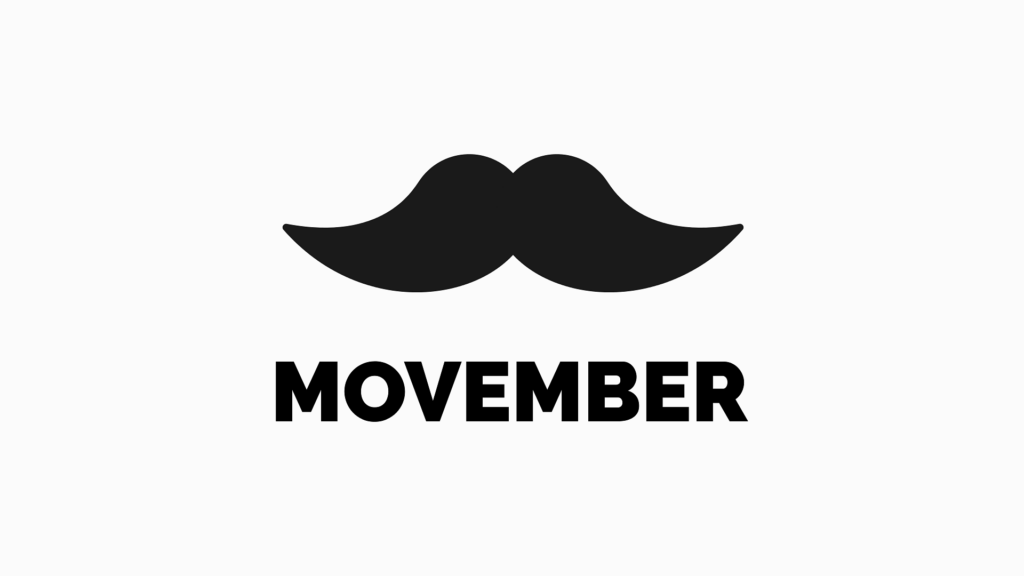
Movember is more than a month of moustaches—it’s a call to action for men’s health, encouraging conversations around mental health, physical health, and the challenges of masculinity. Cinema often serves as a parallel medium for exploring these themes, offering narratives that challenge stigmas and redefine what it means to be a man. Films like The Banshees of Inisherin, Good Will Hunting, and A Beautiful Mind highlight the power of storytelling to create space for reflection and dialogue about issues men are often taught to suppress.
Take The Banshees of Inisherin (2022), a darkly comic tale of male friendship and emotional isolation. On the surface, it’s about two friends, Pádraic and Colm, who’s abrupt falling out spirals into devastating consequences. But dig deeper, and the film becomes an exploration of male loneliness and emotional repression. As The Guardian notes, it captures the pressure on men to endure silently, even as their mental health deteriorates. Watching Pádraic unravel as he loses the one meaningful connection in his life reflects a reality I’ve witnessed: male friendships eroding from neglect rather than conflict.
While the film offers no solutions, it forces us to confront uncomfortable truths. Its power lies in its ability to spark conversations, as Ben Peasley suggests—a crucial first step in tackling the stigma around men’s emotional vulnerability.
Similarly, Good Will Hunting (1997) addresses trauma, repression, and the importance of connection. On the surface, it’s the story of Will, a working-class genius reluctant to reach his potential. Beneath that, it’s a moving reflection on the scars of childhood abuse and the difficulty of letting others in.
Films like The Banshees of Inisherin, Good Will Hunting, and A Beautiful Mind highlight the power of storytelling to create space for reflection and dialogue about issues men are often taught to suppress.
Robin Williams’ Sean, a therapist, delivers the iconic line, “It’s not your fault,” breaking through Will’s emotional walls. As InsideHook observes, the moment captures how deeply men internalise pain and self-blame. Unlike Banshees, this film offers hope. Will’s journey illustrates that asking for help is not a weakness but an act of strength. While it doesn’t address systemic barriers to mental health care, its portrayal of therapy and vulnerability is inspiring, reminding us that healing begins with connection and trust.
Finally, A Beautiful Mind (2002) explores masculinity and mental illness through the life of mathematician John Nash, who lives with schizophrenia. The film avoids presenting his condition as a hurdle to overcome, instead portraying it as part of his identity. As The Guardian highlights, Nash’s brilliance and illness coexist, challenging reductive notions of “normality.”
What sets the film apart is its focus on partnership. Nash’s wife, Alicia, plays a central role in his survival, reframing vulnerability as strength and highlighting the importance of connection. While critics argue that the film simplifies schizophrenia, its ability to spark empathy and destigmatise mental illness makes it impactful.
What these films teach us is that men’s health is far more complex than surviving illness or trauma. It’s about learning to live fully, authentically, and unapologetically.
Whether through laughter, tears, or quiet introspection, these stories push us to reconsider what it means to be “strong.”
This Movember, as we grow mo’s, set fundraising goals, or heroically cheer on your mate running 10k from your sofa, let’s also grow something more profound: empathy. Because Men’s health isn’t a topic for a single month—it’s an ongoing conversation, and these stories show why it’s one worth having.


